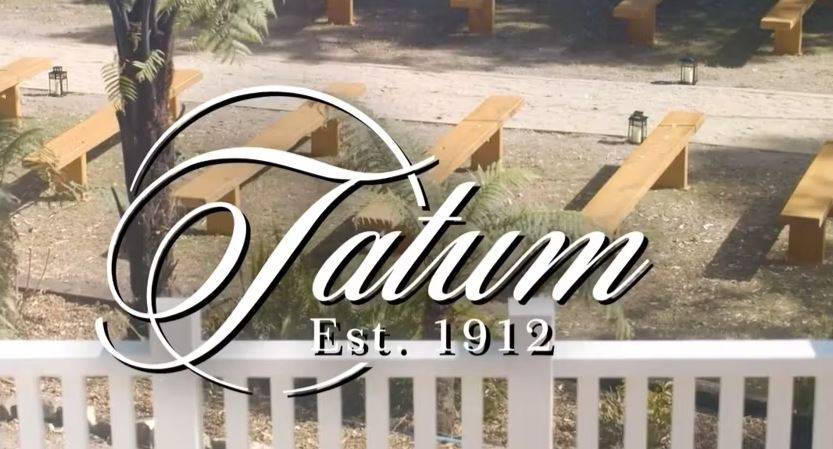
The news was all bad for minimum wage earners as Stats NZ show they have an effective pay cut.
NZCTU President Richard Wagstaff is calling on the Government to deliver minimum wage increases that keep up with rising costs, in response to new inflation data released by Stats NZ today.
The data shows that food and housing prices have risen by far more than the minimum wage will. Food price inflation was at 4% for the year to January 2024, while rental price inflation was at 4.5%. This contrasts with the decision to only increase the minimum wage by 2%.
Mr Wagstaff says this new data confirms that the Government’s decision to only adjust the minimum wage by 2% is in fact a cut in real terms, and this will put further pressure on the ability of families to get by during the cost-of-living crisis.
“Wages not keeping up with inflation has a significant impact on workers having enough to afford rent, pay the bills, put good food on the table, and buy their kids what they need.
“All New Zealanders benefit from minimum wage increases because they drive up wages, local economies prosper, and our communities are safer and healthier,” says Mr Wagstaff.
The NZCTU has launched a petition (see link below) calling on the Prime Minister and the Minister of Workplace Relations to do the right thing and deliver minimum wage increases that don’t see New Zealand workers fall further behind.
“The minimum wage should equal the Living Wage, but at the very least, the Government must deliver annual increases to the minimum wage that lift low-paid workers’ incomes in real terms,” says Mr Wagstaff.
Many of those in minimum wage jobs are students and Massey University Students Association MUSA president Hennessey Wilson says an immediate increase is required.
“We support the NZCTU fully on this. The coalition Government campaigned on addressing the cost-of- living crisis and this is a bad start for them. Effectively they are delivering a cut in income to those already struggling the most.
“Students are severely impacted by rental price inflation and current Government policies are just driving more students into deeper debt and deprivation,” says Mr Wilson.



































































